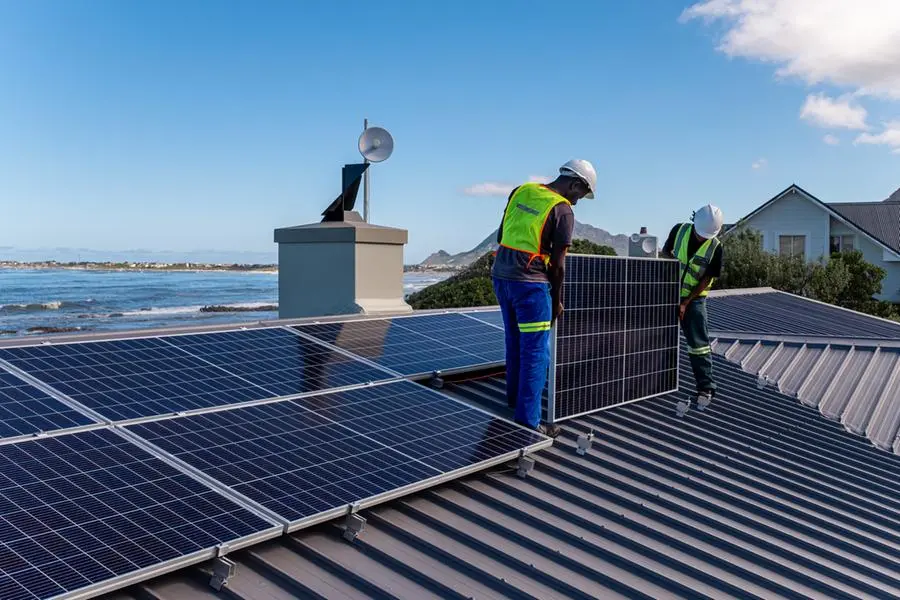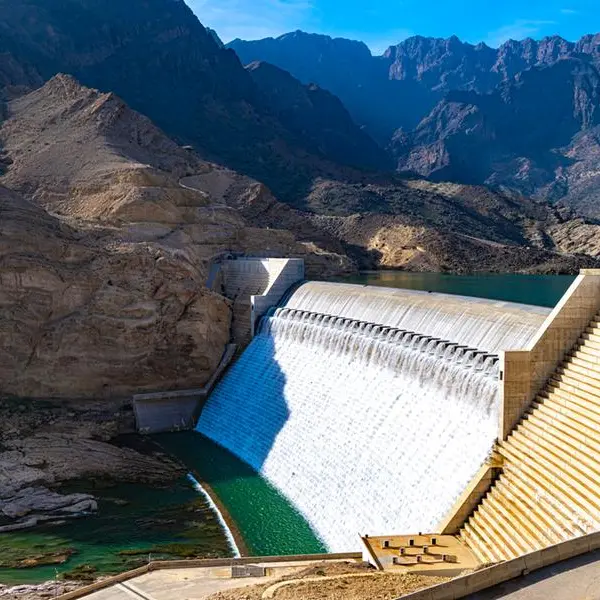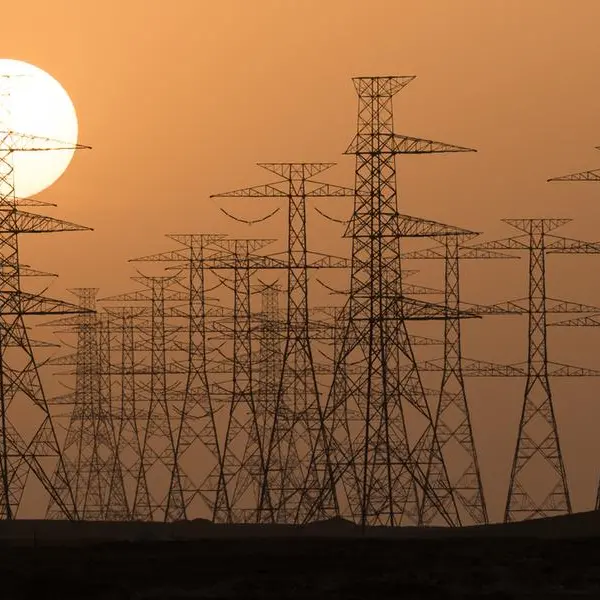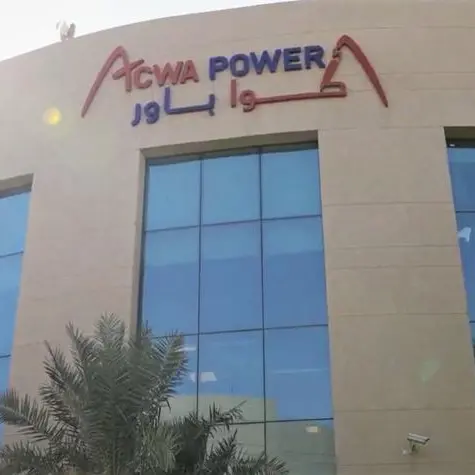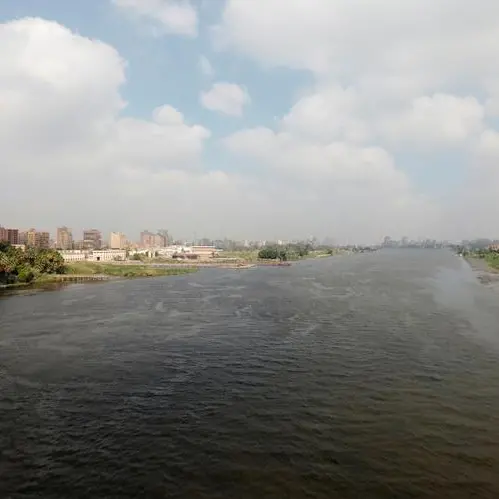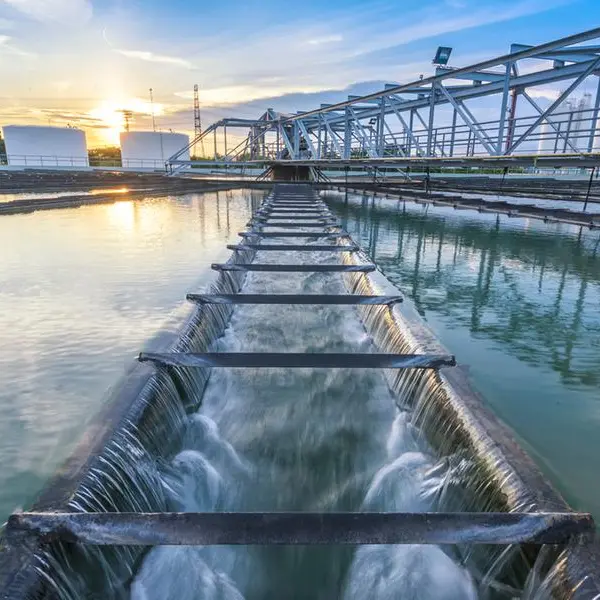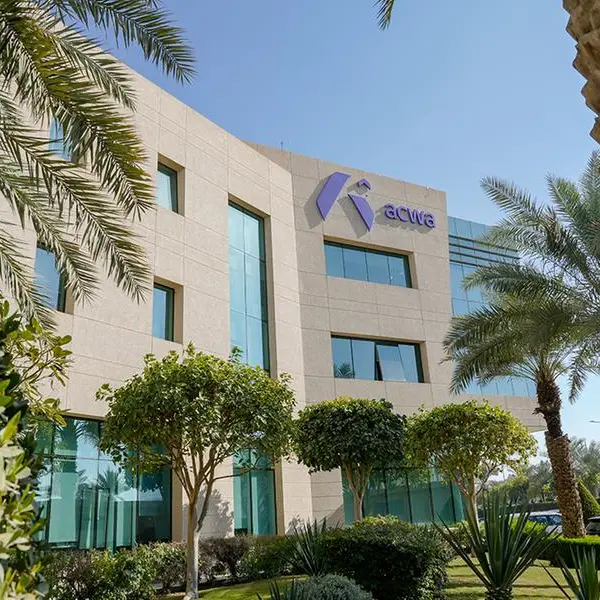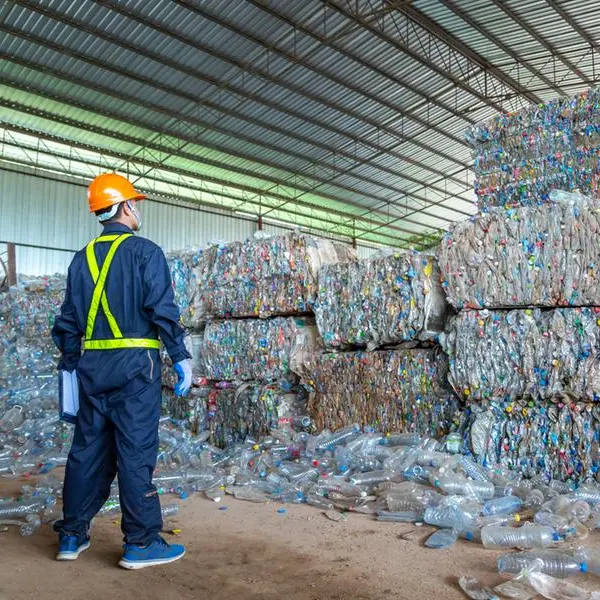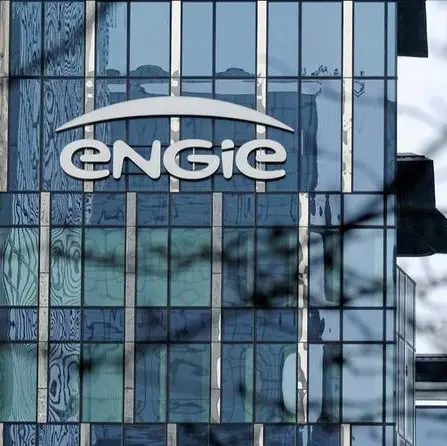PHOTO
SOLAR energy panels could be made mandatory for new houses, apartments and buildings across the country.
Members of the Southern Municipal Council have proposed that construction permits be granted only to citizens and residents who come up with designs incorporating solar panels for new facilities.
They have also called for a grace period to allow existing property owners to install photo voltaic (PV) cells on the rooftops of their buildings. Councillors believe the move, if implemented, will fast-track the country’s transition to a renewable energy hub by the end of 2026.
Costs of the panels produced in Bahrain range from BD50 to BD150 each, depending on their size and shape.
Council financial, administrative and legislative committee chairman Mohammed Daraj, who is spearheading the move, highlighted the Jidhafs housing area initiative, where residents voluntarily installed photo voltaic panels a few years ago.
“Solar panels are affordable and 10 times cheaper now, compared with their rates five years ago, and already the Housing and Urban Planning Ministry is allocating spaces for them on rooftops of housing units and apartments distributed to families,” Mr Daraj said, during the council meeting yesterday.
“The Jidhafs project is gathering pace and there are many people who installed panels in their homes, knowing that they could save power and even sell it to the government.
“The initiative was successful and should be implemented across the country,” he said.
However, he admitted that installing PV cells in old and existing houses could be fraught with challenges.
“We need to convince people that solar energy is a safer, cleaner and cheaper alternative compared to conventional electricity,” he said.
“We also need to address legal, technical and financial aspects, which could be time-consuming.
“However, construction permits for new houses, buildings and facilities as well as licences for renovation, remodelling and repair should be granted only if solar panels are installed.”
Homeowners and others who generate electricity through solar photovoltaic (PV) systems will not only be able to reduce their consumption from the grid, thereby slashing their bills, but also claim money from the Electricity and Water Authority (EWA) for the excess power they produce and pump back into the grid.
Parliament financial and economic affairs committee vice-chairman MP Mohammed Al Rifaee stressed the need for clear legislation and legal framework to boost the process.
“The country wouldn’t be 100 per cent reliant on solar energy as it doesn’t have the necessary network or connections, which means it will have the conventional and solar at the same time,” he said.
“So if a family decides to shift to solar, which will save the government a lot in conventional electricity provided through subsidised rates for households, will the EWA pay for its annual maintenance or replace damaged panels?
“There are no legal specifications or compatibility guidelines yet. Parliament will have to come up with legislation to implement the move across the country by the end of 2026.
“I am certain that people will want to shift to renewable energy, but they would also expect the government to help with the cost. The government will also have to start phasing out its old network.”
Bahrain had set a new milestone by meeting its renewable energy goal of 250 megawatts (MW) four years ahead of schedule in 2021.
The country’s ambitious goal is to achieve net zero carbon emissions by 2060. His Royal Highness Prince Salman bin Hamad Al Khalifa, Crown Prince and Prime Minister, had announced the commitment at the 26th UN Climate Change Conference of Parties (COP26) in Glasgow. Other targets include quadrupling mangroves, reducing emissions by 35pc by 2035, doubling plantations, and tripling renewable energy targets.
Copyright 2022 Al Hilal Publishing and Marketing Group Provided by SyndiGate Media Inc. (Syndigate.info).
